Lecturers at the Faculty of Agriculture, Brawijaya University, Malang, Study the Subak System
Denpasar - Ten lecturers and administrative staff from the Faculty of Agriculture, Brawijaya University, Malang, visited the Subak and Agrotourism Engineering Laboratory of the Agribusiness Study Program, Faculty of Agriculture, Udayana University, on Thursday (July 10, 2025). The Head of the Soil Physics Laboratory, Istika Nita, S.P., M.P., as the group leader, explained the purpose of studying the Subak system in Bali as a learning resource for the irrigation course.
"Starting next semester, we will use Subak as a case study for the irrigation course, implemented using the case study method," Nita explained. She also explained that in addition to field observations and face-to-face meetings with community leaders in the Jatiluwih Subak, the group from the Faculty of Agriculture, Brawijaya University, also visited the Faculty of Agriculture, Udayana University, including Prof. Dr. Ir. Didik Suprayogo, M.Sc., Ph.D.; Prof. Dr. Ir. Sugeng Priono, S.U.; Dr. Kurniawan Sigit Wicaksono, S.P., M.Sc.; Dany Dwi Saputra, S.P., M.Si., Ph.D.; Syamsul Arifin, S.P., M.Si.; Dr. Yulia Amirul Fata, S.T., M.Si.; Muhammad Taufik Hidayat, S.P., and Awang Satya Kusuma, S.Kom.
The group was received by Prof. Dr. Ir. I Ketut Suamba, M.P., Head of the Subak Unit at Udayana University, and Dr. I Made Sarjana, S.P., M.Sc., Head of the Subak and Agrotourism Engineering Lab at the Faculty of Agriculture, Udayana University, at the Agrocomplex Building on the Udayana University Campus, Jl. Sudirman, Denpasar. Sarjana presented the profile of the Subak Lab and the subak system in Bali. He explained that the Subak Lab is a social laboratory that facilitates students to learn about subak from farmers. "Physically, we don't have any special equipment; we conduct research or studies by going directly to the farmers. The infrastructure is mostly computers and quantitative and qualitative analysis software," emphasized the academic, who is also a member of Subak Giri Merta Yoga in Mengani Village. He added that the Subak Lab does not research specific technologies and disseminate them to the community. Instead, it gathers field data, analyzes it, publishes it, and disseminates it to farmers. The learning outcomes are returned to the farmers to serve as references for enhancing the role of Subak as a vehicle for farmer empowerment.
Meanwhile, Suamba explained that Subak is a world cultural heritage and its impact on preservation efforts. He explained that Subak can be studied multidimensionally and involves multiple actors. Discussing Subak goes beyond rice cultivation; it encompasses cultural, social, environmental, technical, water distribution, and economic aspects, including its use as a tourist attraction. "Understanding Subak takes a long process and time, but in this meeting, we introduced Subak in broad terms. There has been a lot of research on Subak from various perspectives, and the findings enrich our understanding of it," he said. Suamba expressed pride as more people learned about subak, as efforts to interpret local wisdom values ??became increasingly diverse. Subak, he continued, has become an institution that implements sustainable development on the ground, not merely at the discourse level. For example, farmers are utilizing subak as a very practical institution for conflict resolution. "Each subak has a temple building, a meeting hall, and a weighing platform. This weighing platform signifies that before subak residents make a decision, they must consider various factors. This symbolically prevents conflict," Suamba said.
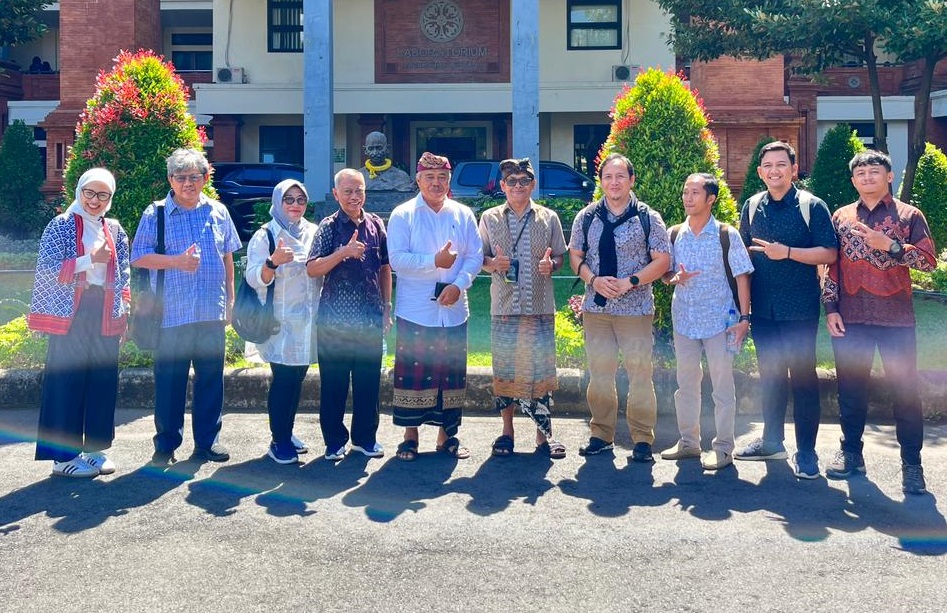
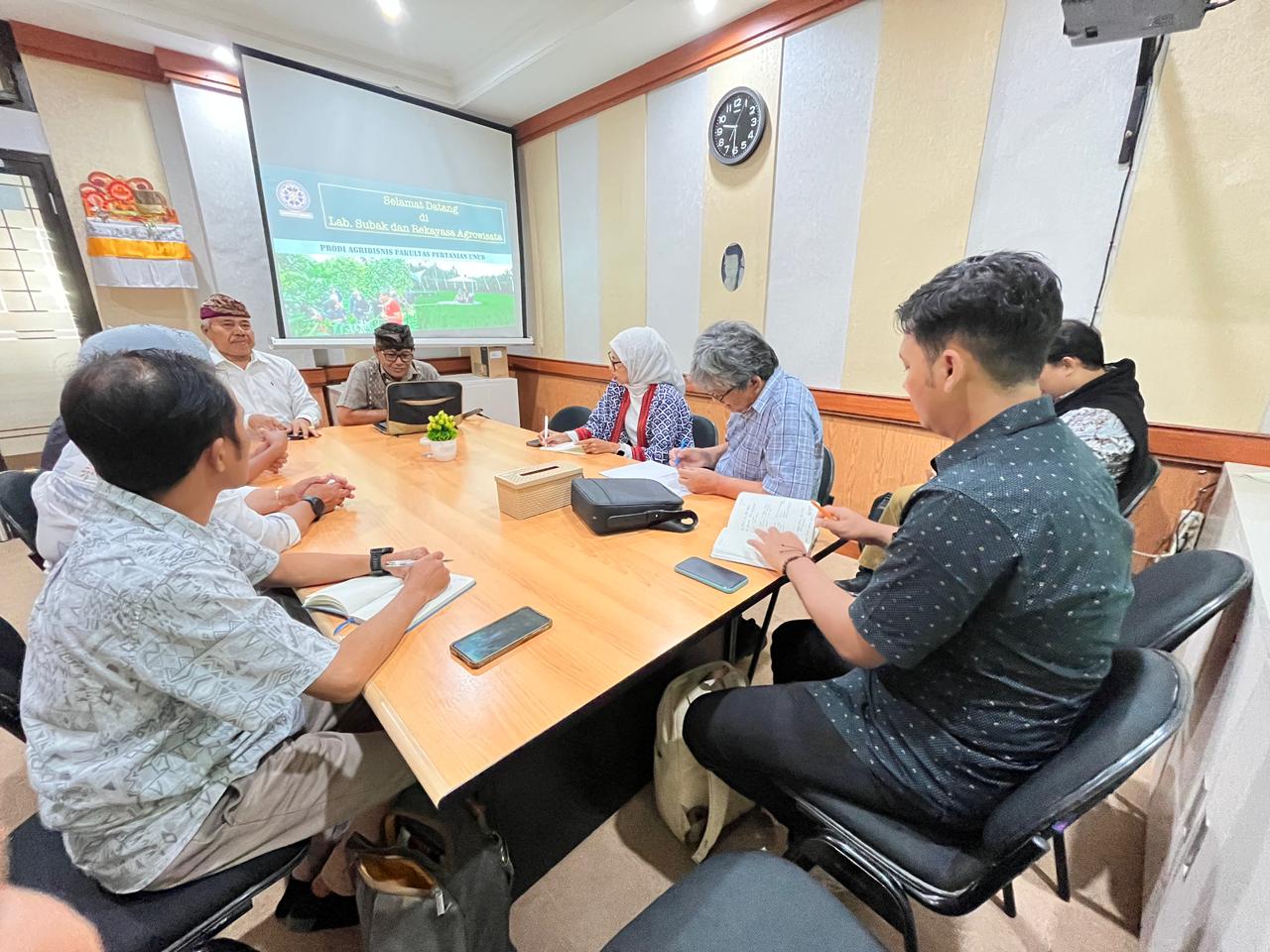
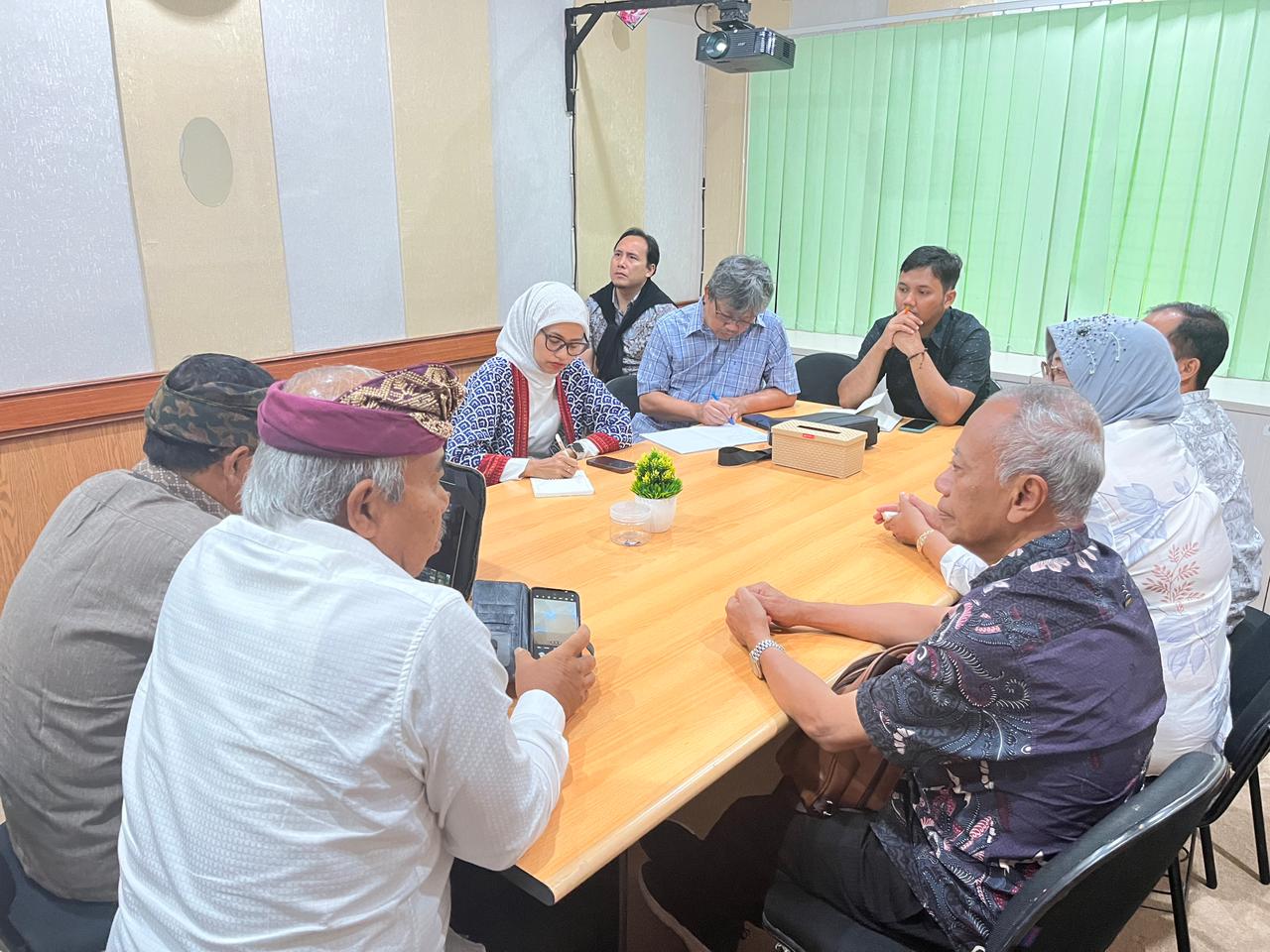
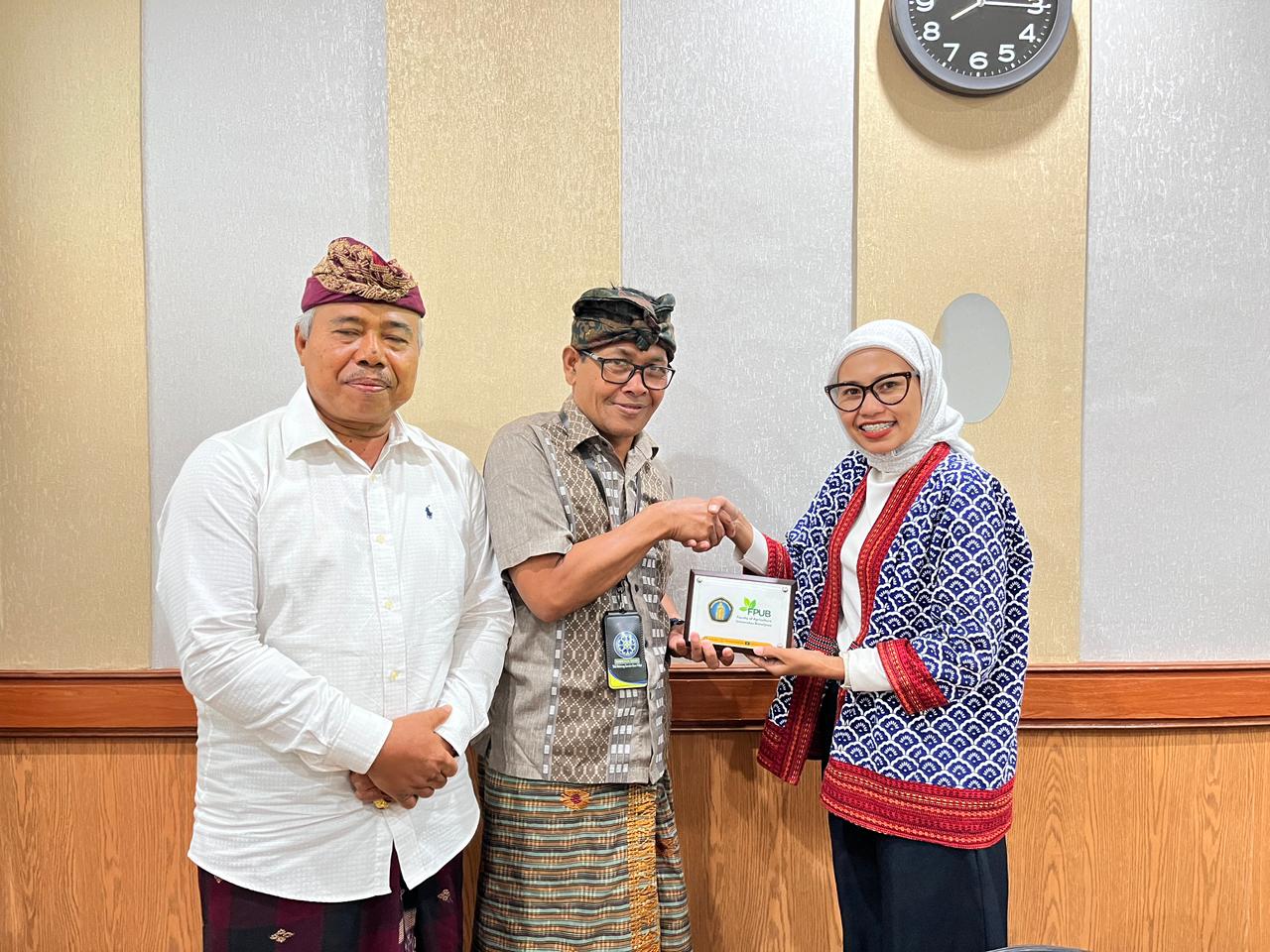
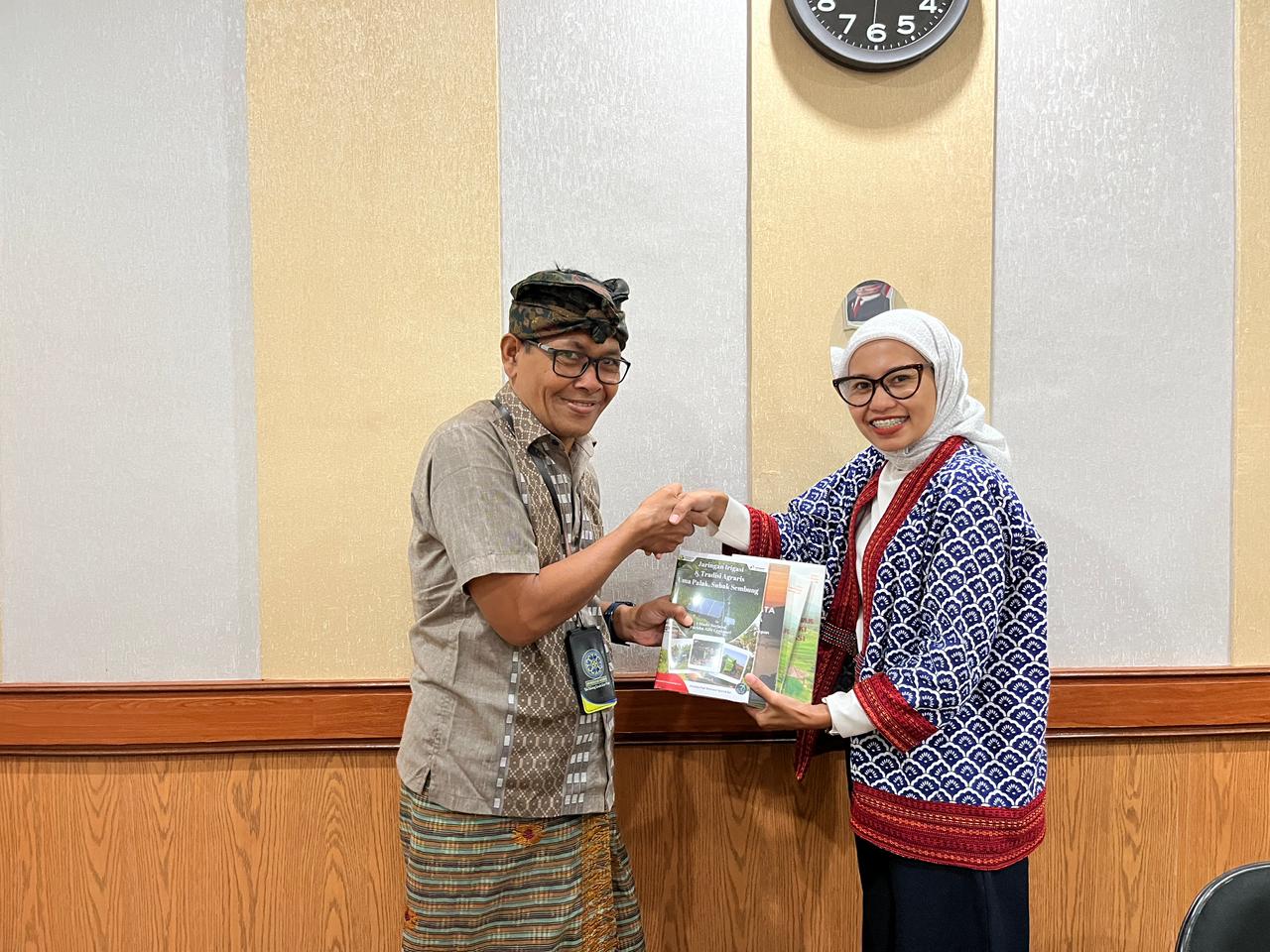
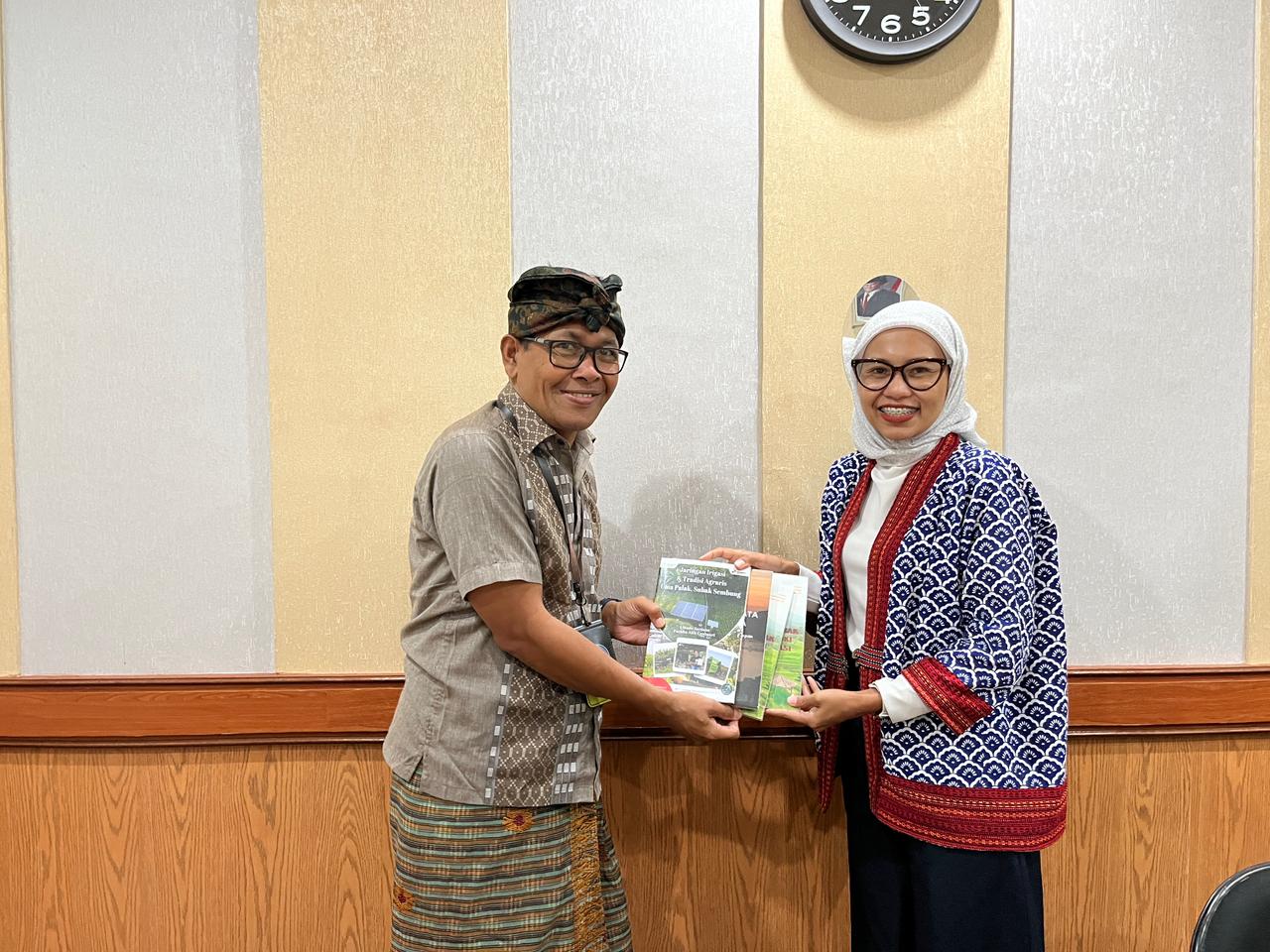
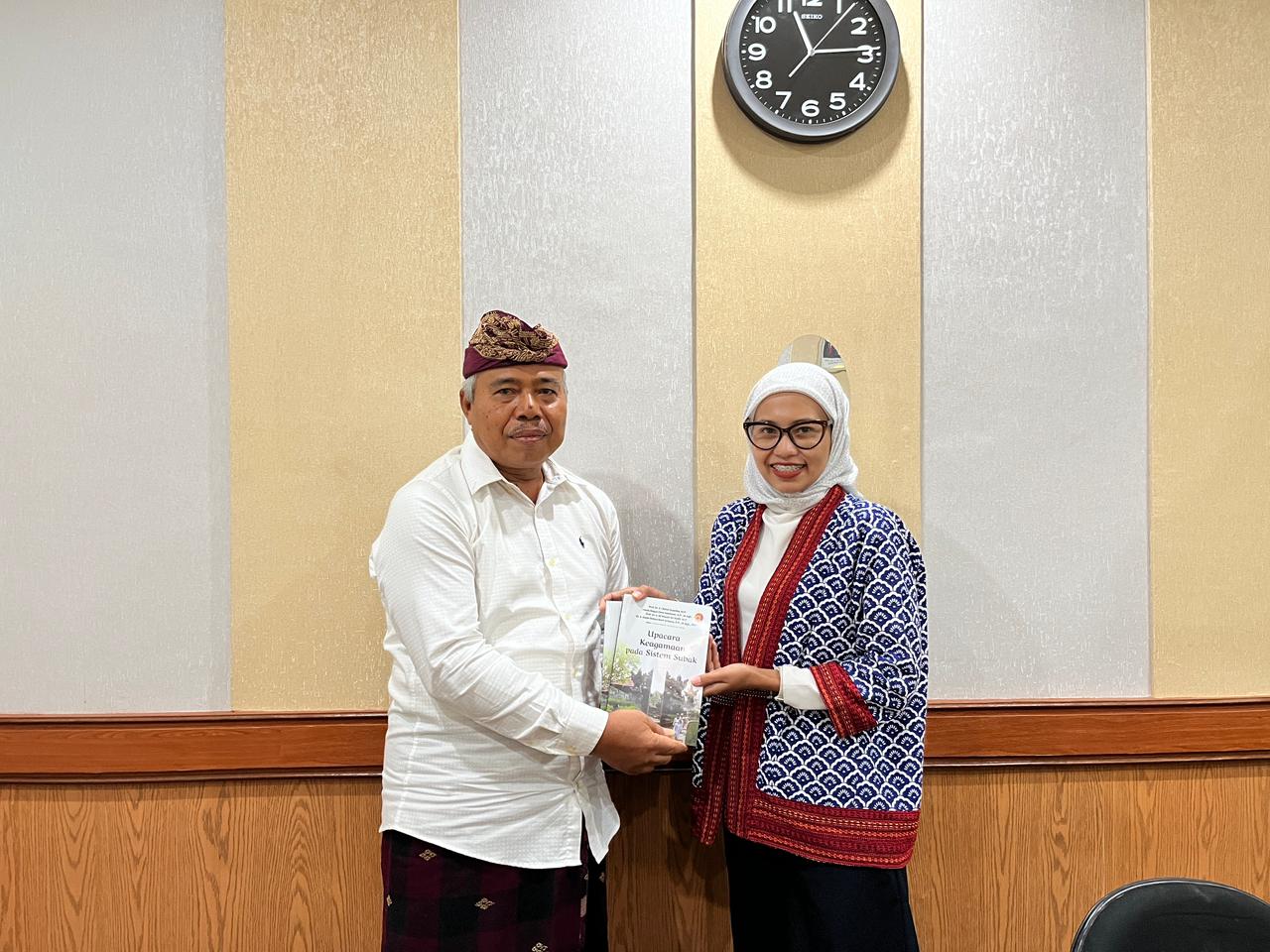
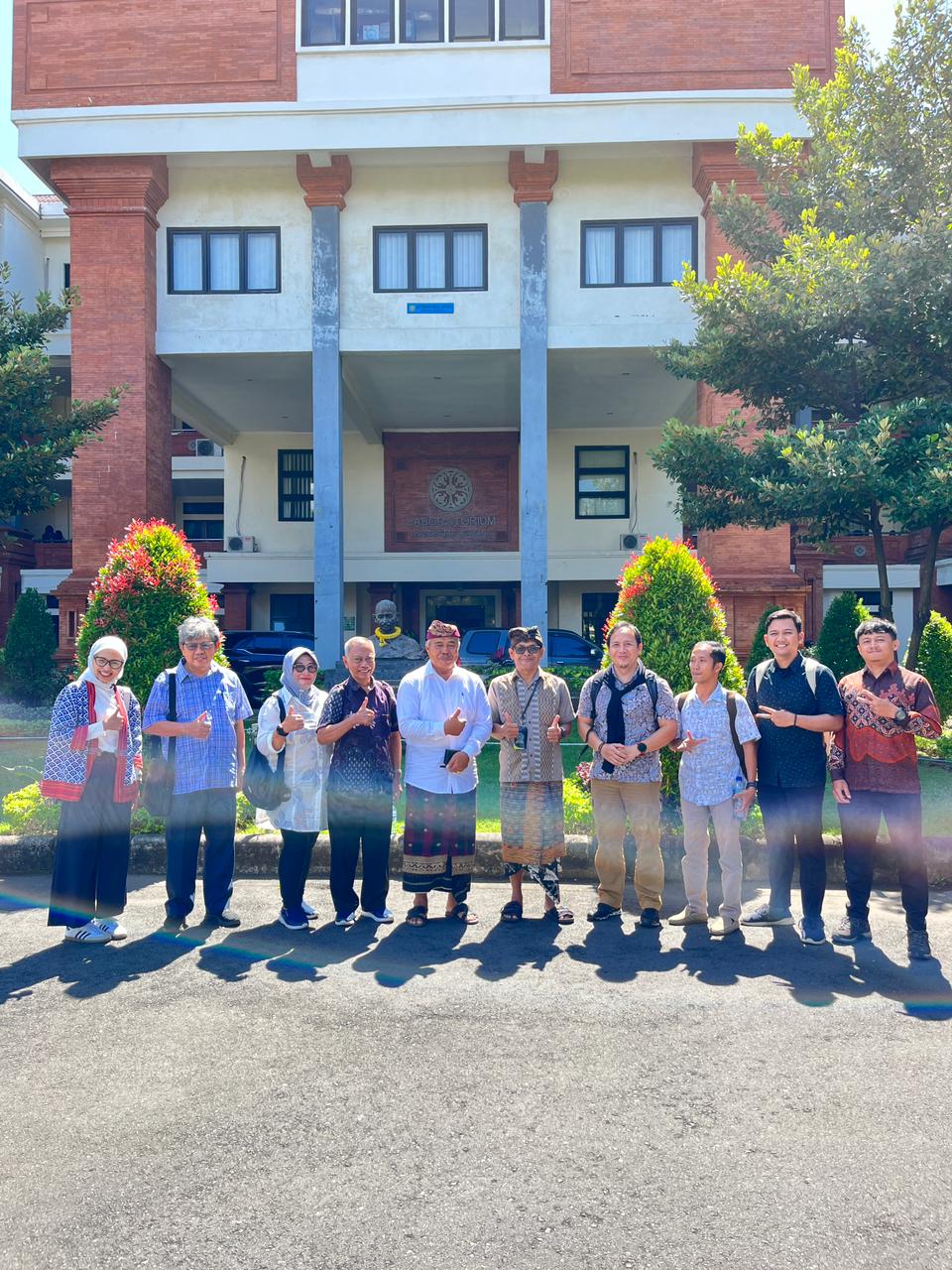
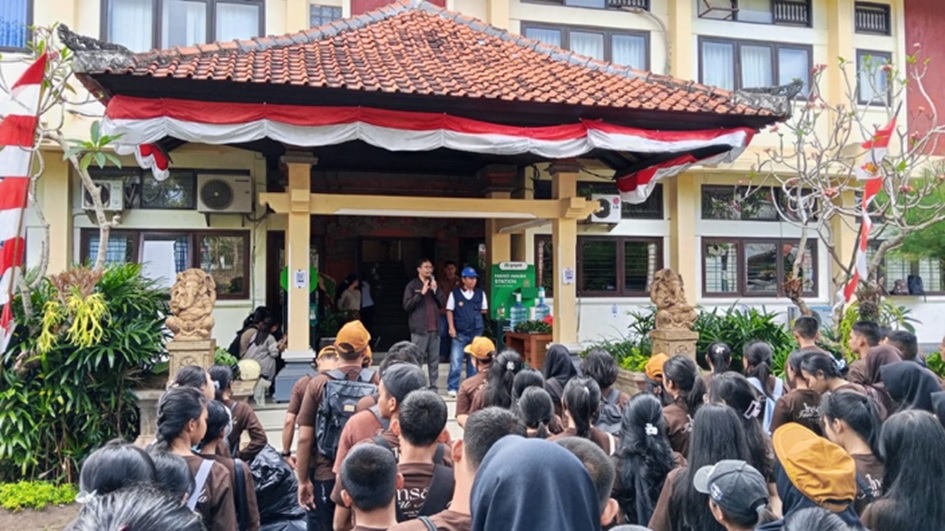
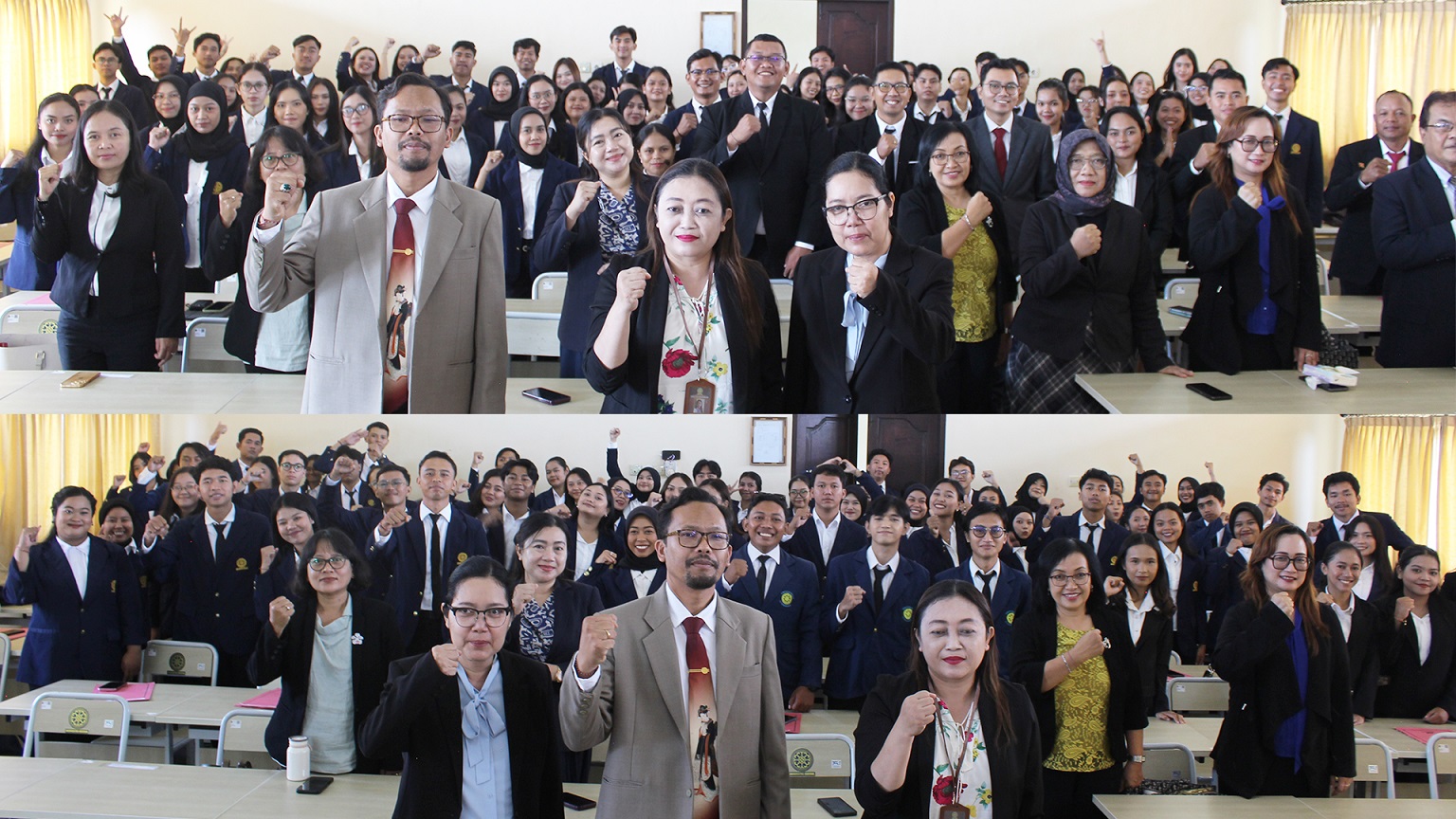
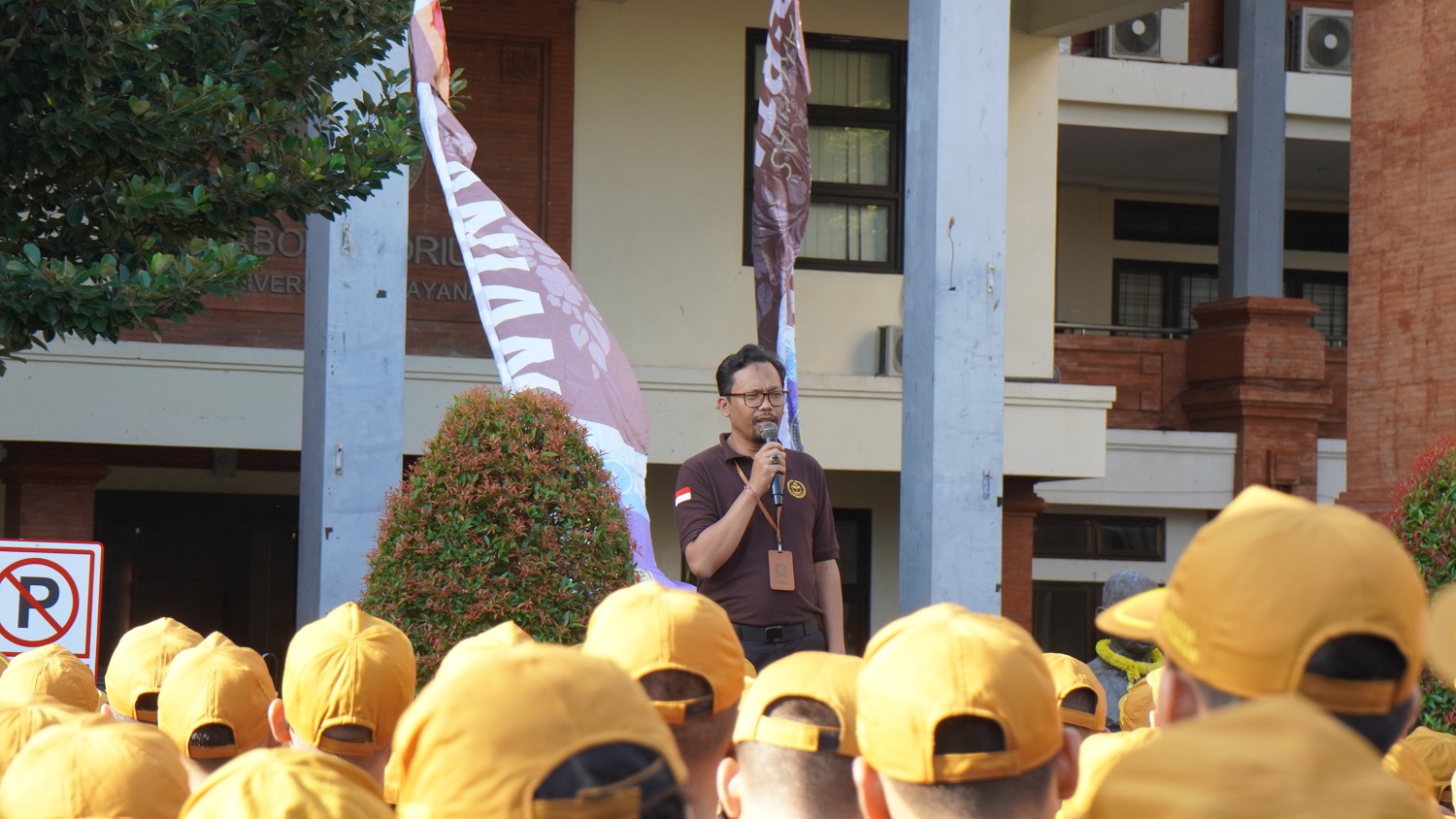
UDAYANA UNIVERSITY